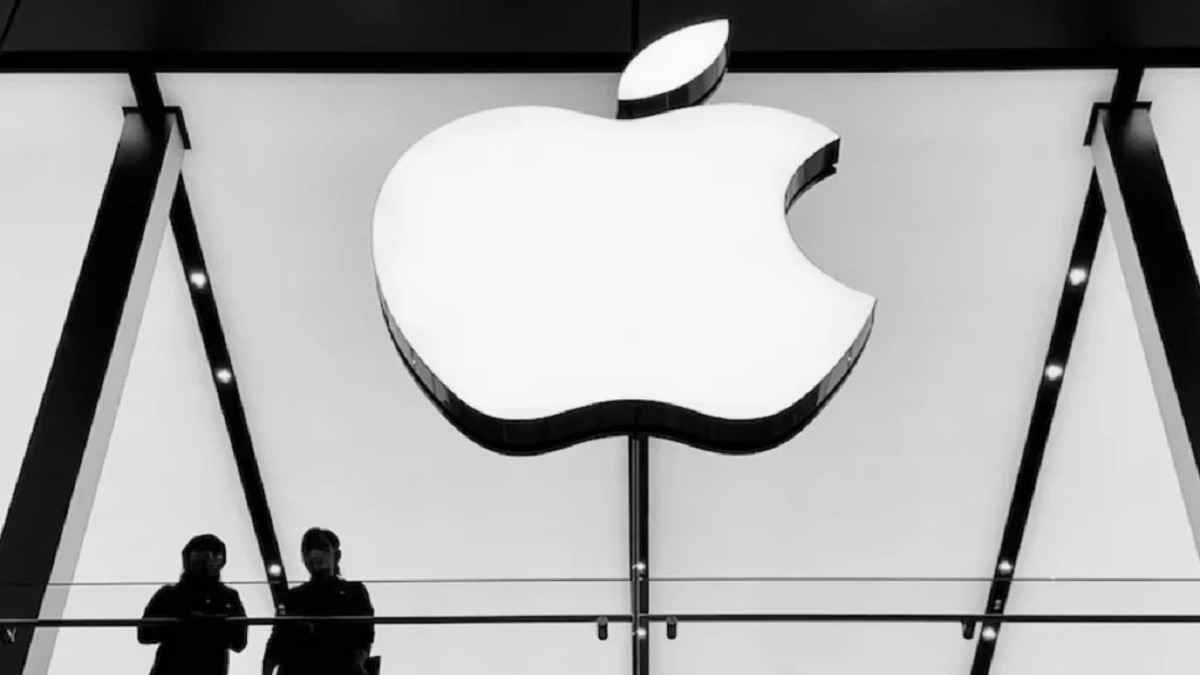In recent developments, a bipartisan group of US lawmakers has taken a firm stance against Apple’s restrictive policies towards blockchain and Non-Fungible Token (NFT) applications on its App Store. Led by Republican Gus Bilirakis and Democrat Jan Schakowsky, the group is seeking clarification from Apple’s CEO, Tim Cook, regarding the company’s position on these emerging technologies. The lawmakers argue that Apple’s current guidelines appear to prioritize profit and limit the proliferation of blockchain and NFT apps, raising concerns about fair competition and innovation.

One of the key concerns call attention to by lawmakers is Apple’s insistence on the removal of NFT components from applications. It is alleged that this requirement is a deliberate effort to protect Apple’s profits while curtailing the growth of blockchain and NFT technologies. As a result, numerous companies have been compelled to create “lite” versions of their apps to comply with Apple’s rules on NFTs.
A notable case exemplifying these challenges is Axie Infinity, a prominent player in the NFT space. After engaging in two years of negotiation with Apple, Axie Infinity was ultimately left with no choice but to launch a stripped-down version of its app. Apple insisted on the removal of the NFT component before approving the app’s appearance on the App Store. This protracted battle between Apple and Axie Infinity further emphasizes the unfavorable environment that developers of blockchain and NFT apps currently face.
If Apple’s strict App Store policies are indeed motivated primarily by profit and competition concerns, they may hinder the growth and innovation of crucial sectors such as blockchain and NFTs. Critics argue that fostering a more open environment for emerging technologies like these is essential for healthy competition and the advancement of society as a whole. By stifling innovation, Apple risks inhibiting the potential market expansion and broader societal benefits that blockchain and NFT technologies can offer.
The response from Apple to these allegations carries significant weight. It could determine whether the company’s stance on blockchain and NFT apps will evolve or remain a persistent roadblock for developers seeking to leverage its platform. Addressing these concerns transparently and cooperatively will be crucial for Apple to regain trust and ensure a level playing field for the entire industry. As this issue unfolds, it is imperative to foster an environment that encourages the growth and unrestricted exploration of emerging technologies. Keep checking back with us for more fascinating developments.
